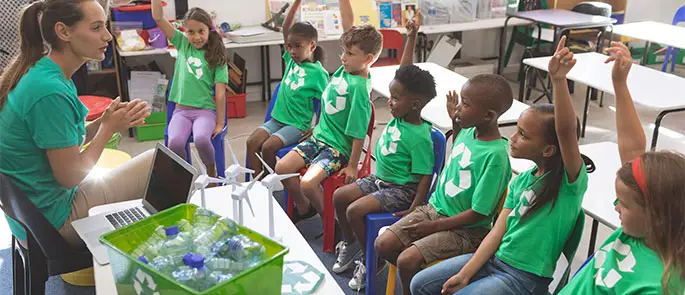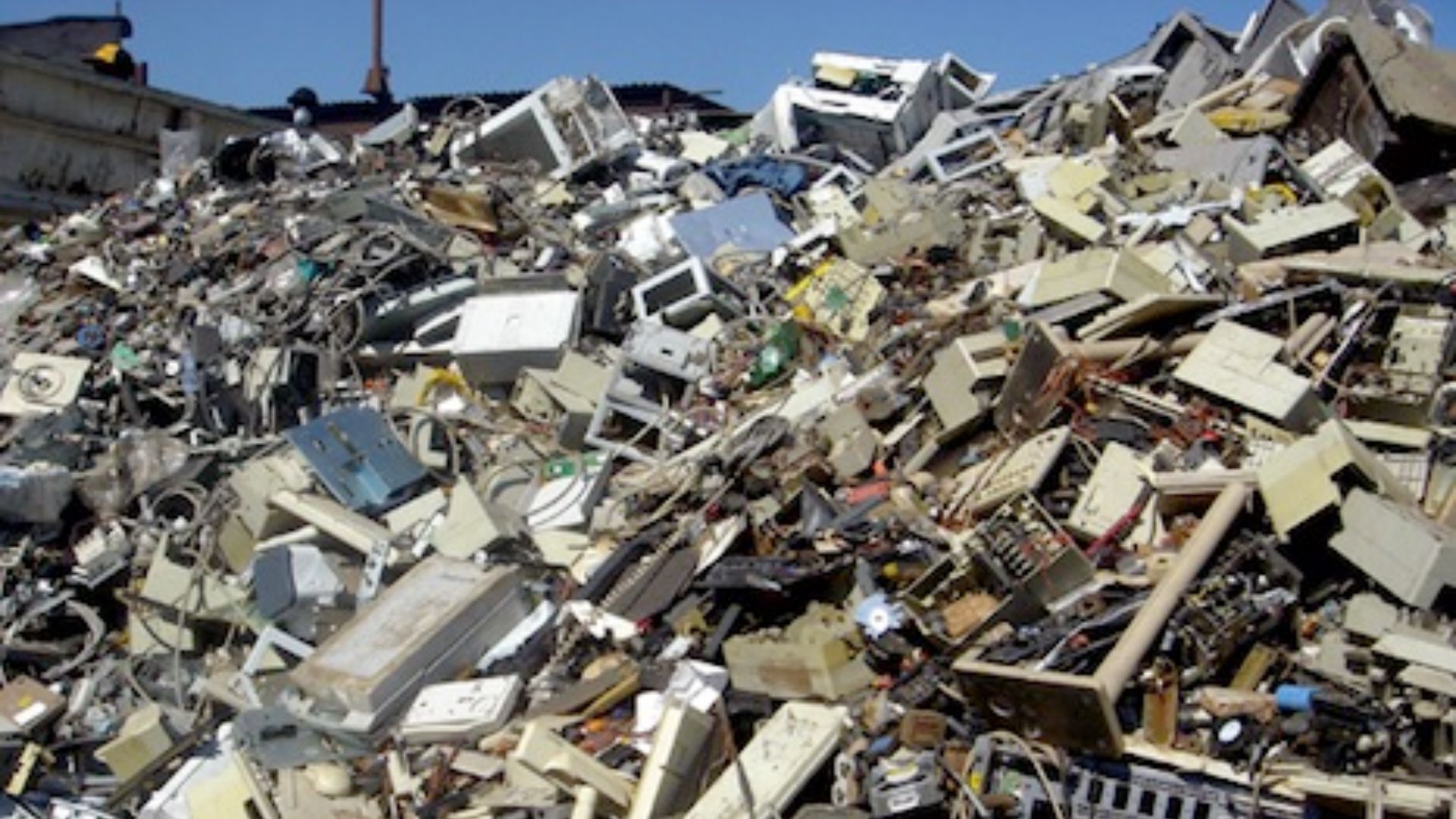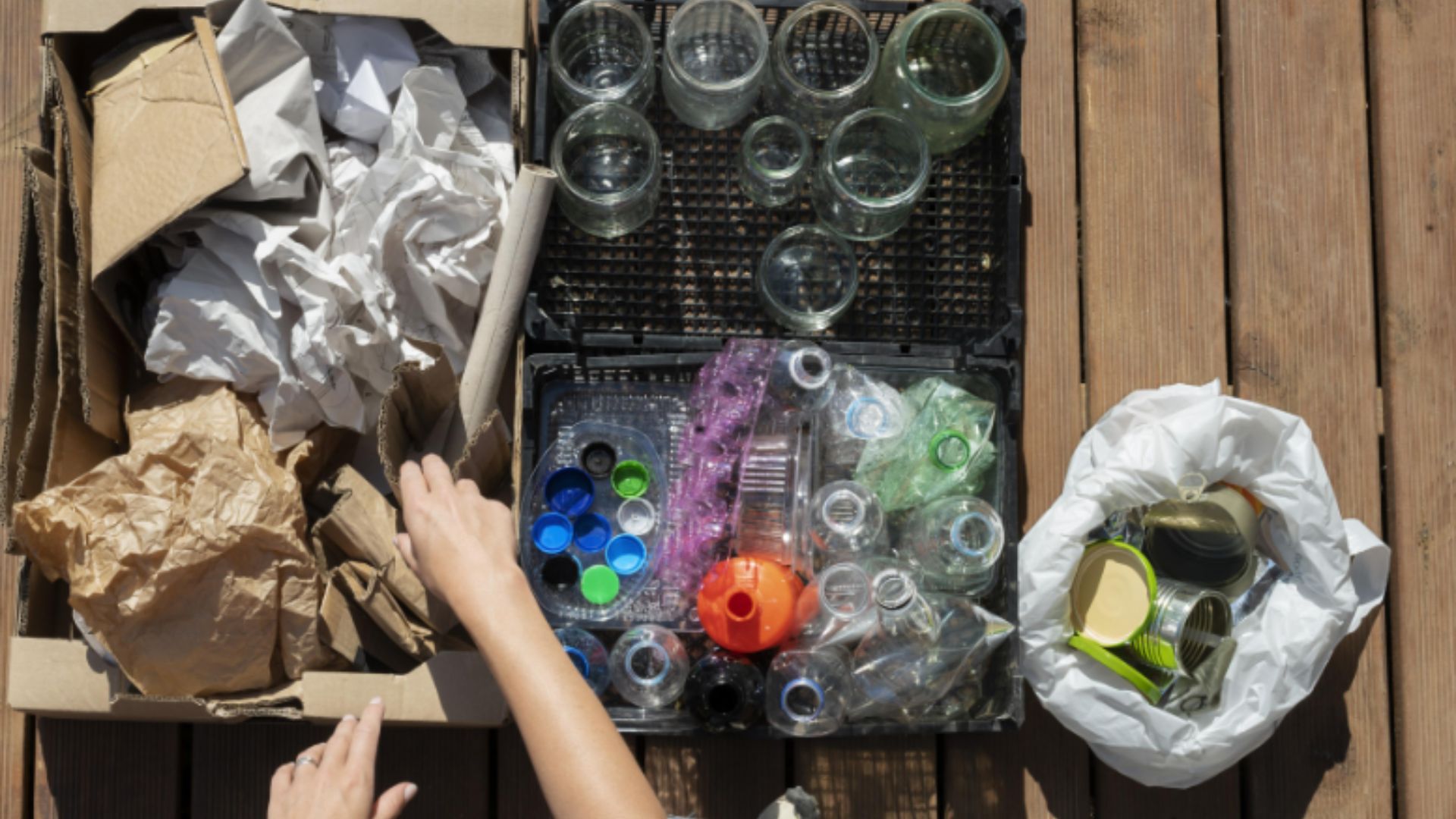In the quest for a sustainable future, waste education emerges as a cornerstone, guiding individuals and communities towards responsible waste management practices. Transitioning from traditional notions of waste disposal to a more informed and proactive approach, waste teaching plays a pivotal role in fostering environmental consciousness and promoting a circular economy.
Understanding the Global Waste Landscape
To comprehend the importance of waste teaching, it is vital to first grasp the magnitude of the global waste challenge. Transitioning from localised perspectives to a broader lens, waste has become a pressing issue with far-reaching consequences. From overflowing landfills to marine pollution, the impact of improper waste disposal is evident across the planet. Waste education serves as a tool to address these issues at their roots by instilling awareness and knowledge.

Fostering Responsible Consumer Behavior
One of the primary objectives of trash education is to shape responsible consumer behavior. Transitioning from a culture of overconsumption to one of mindful choices, waste education empowers individuals to make informed decisions about their purchases. Understanding the life cycle of products and the environmental implications of various materials becomes paramount. By fostering a sense of responsibility, waste education prompts consumers to choose sustainable alternatives and reduce unnecessary waste.
Reducing Contamination in Recycling Streams
Moreover, recycling plays a crucial role in waste management, but contamination remains a significant challenge. Transitioning from good intentions to effective recycling practices requires knowledge about what can and cannot be recycled. Waste education addresses this by providing clear guidelines on sorting waste, emphasizing the importance of clean recyclables, and explaining the repercussions of contamination. Informed citizens contribute to more efficient recycling processes and help maintain the integrity of recycling streams.
Empowering Communities for Local Solutions
Communities are at the forefront of waste management efforts, and trash education empowers them to implement local solutions. Transitioning from a centralized waste management model to decentralised community initiatives, waste education equips individuals with the knowledge to organize clean-up drives, recycling programs, and composting projects. By understanding the specific waste challenges within their locality, communities can tailor solutions that suit their needs and contribute to a cleaner environment.
Shaping Policies and Advocacy Efforts
Furthermore, trash teaching is not confined to individuals; it extends to policymakers and advocates who drive systemic change. Transitioning from awareness to action at a broader scale, informed policymakers can draft effective waste management policies. Waste teaching provides the foundation for advocating sustainable practices, influencing legislation, and supporting initiatives that address waste challenges comprehensively. In this way, waste education becomes a catalyst for systemic change.
Addressing the E-Waste Challenge
The rapid evolution of technology has given rise to a new waste challenge: electronic waste or e-waste. Transitioning from outdated electronics to responsible disposal methods is critical. Waste education informs individuals about the hazards of improper e-waste disposal, the value of electronic recycling, and the significance of adopting sustainable practices in the tech industry. As technology continues to advance, waste education becomes increasingly essential in managing the e-waste crisis.
Enhancing Public Health and Environmental Quality
Furthermore, the impact of improper waste management extends beyond environmental concerns; it directly affects public health. Transitioning from waste-related health hazards to preventive measures, waste education highlights the interconnectedness of environmental and human well-being. By understanding the consequences of littering, illegal dumping, and exposure to harmful waste materials, individuals can take steps to protect themselves and their communities, creating a healthier living environment.
Conclusion
In conclusion, the importance of trash teaching cannot be overstated as we navigate the complexities of the modern waste landscape. Transitioning from passive waste management to active, informed participation, waste education propels us towards a sustainable path forward. By fostering responsibility, building awareness, and nurturing a collective commitment to environmental stewardship, waste teaching becomes a powerful tool in shaping a future where waste is minimized, resources are conserved, and the planet thrives.


